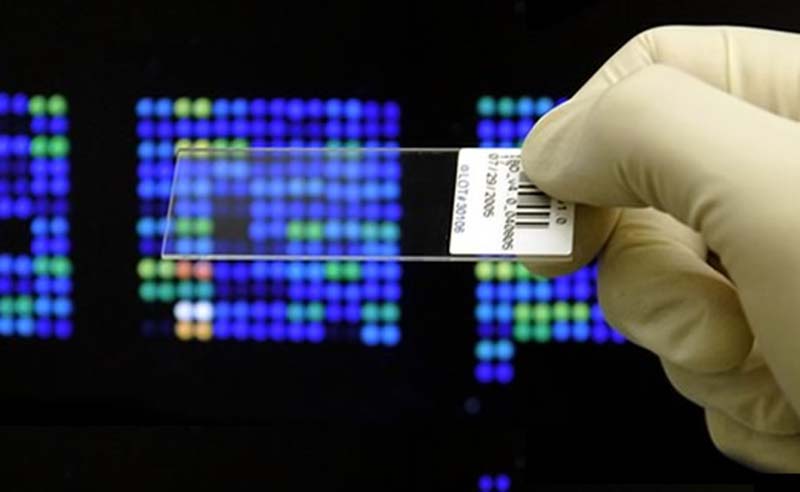
The need to identify new biomarkers capable of making significant improvements in the diagnosis, prognosis and monitoring of the therapy of many diseases means that the search for new biomarkers has become an incredibly well-explored field of science. At the same time, the technological progress made in the field of biomedicine means that today, more than ever, the number of new candidates for biomarkers has increased exponentially. Nevertheless, in recent years, in spite of the many publications in this field, only a few markers have been successfully employed in clinical practice. This is mainly for two reasons: firstly, because the validated biomarkers do not comply with the clinic’s requirements, and secondly, because many of them fail during the long and difficult validation stage.
The new pipeline for the search for biomarkers, which adds intermediary phases to this process, has meant that the percentage of success has improved significantly. Or in other words, that there is a higher possibility of these new findings being incorporated into hospital routine and subsequently improving clinical practice. These improvements in diagnosis, prognosis and the monitoring of therapy (which is increasingly specific to the patient suffering from the disease) means that we are gradually coming closer to what is known as personalised medicine.
The significant investment that has been made in high-performance techniques has created a new opportunity to make significant breakthroughs in biomedical research, and particularly in the field of cancer. In turn, the improvements in experiment design, the standardisation of collection protocols and sample analysis, and no less importantly, the developments in bioinformatics that have accompanied the entire experimental process have all helped to facilitate the discovery of new biomarkers with a higher success rate than in years gone by.
Our data show that new biomarkers can be identified for prostate, endometrial and ovary cancer (PC, EC and OC), which represents an important step forward in our progress towards non-invasive specific diagnosis, as well as in the prognosis of the disease, and consequently greatly improves our capacity to cure patients. Thus, the success of the projects presented and the validation of the most promising results could represent a significant improvement in the clinical practice of these cancers, benefiting patients by incorporating these results into hospital routine. Moreover, in a not-too-distant future, the inclusion of the data generated in this type of analysis together with the combining of relevant clinical data about the patient will bring us even closer to what is known as systems biomedicine, which will be a major step forward in terms of curing these cancers.
As a result of these new discoveries, a business project created by four researchers/entrepreneurs came into being in 2007 under the name of TransBioMed. This company emerged from a hospital context (namely, Barcelona’s Hospital Vall d'Hebron), and was the first spin-off of the Vall d'Hebron Research Institute with a clearly-defined translational vocation, through the development and assessment of biomedicine research, and with the aim of translating it into diagnostic products and the prognosis of different diseases such as PC, EC and OC, as well as other predominant diseases. The technological value of the company's projects is based mainly on improving the selectivity and specificity of the current systems of diagnosis and prognosis of these diseases. The company’s strategy is principally based on combining different markers – marker profiles – which mean that specificity levels can be improved by maintaining sensitivity values of 95-100%. Companies with the capacity to develop and market these kits at the multinational level are the main customers for licensing this patent.
Cycle: Challenges of the 21St Century the Voice of Medicine, III
Organized by: Residence for Researchers. THEY CALLABORATE:Fundació Clínic Barcelona, IDIBAPS, RESA and Col·legi Oficial de Metges de Barcelona